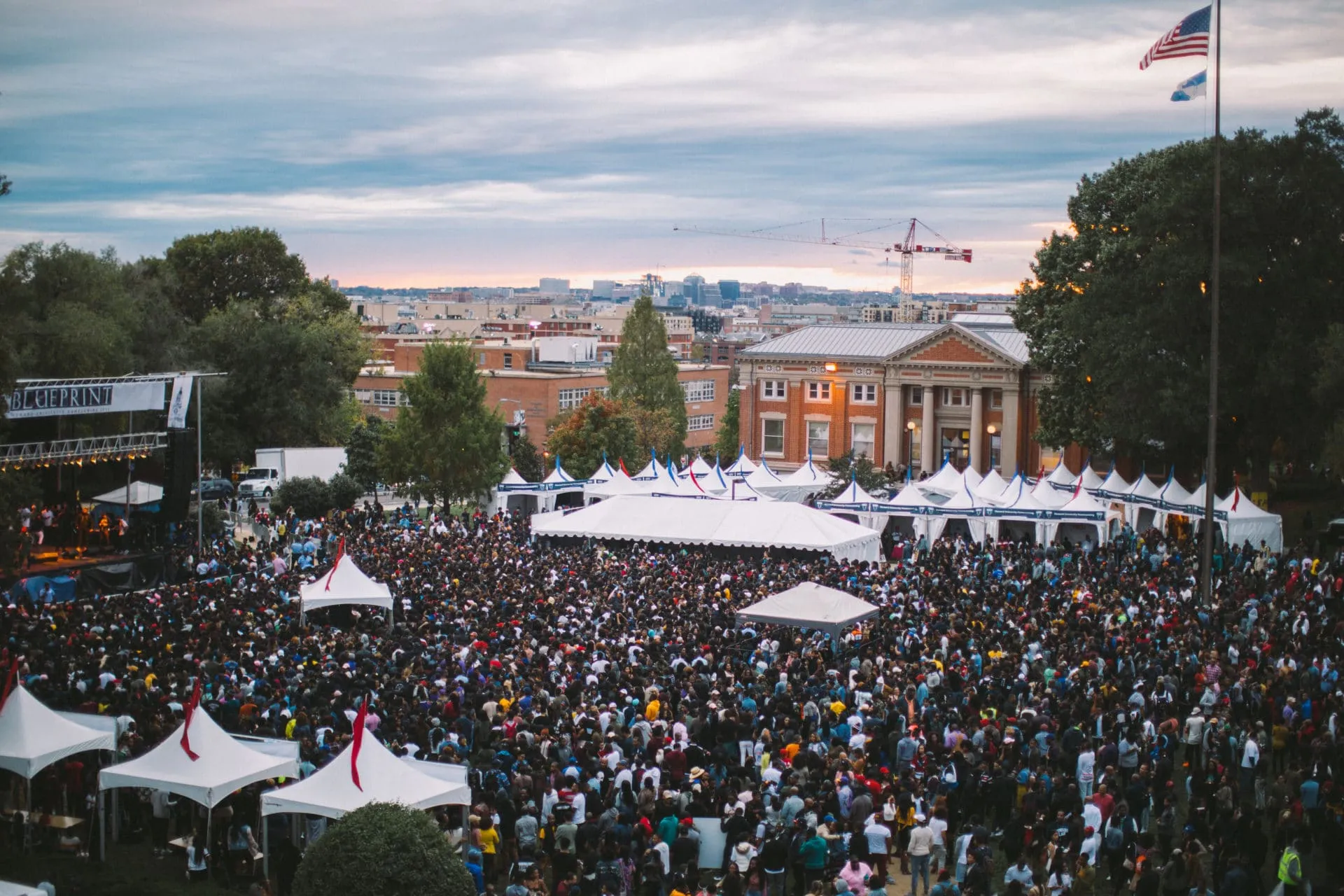Discover Howard University: The Rising Star of HBCUs in Washington, D.C.
Nestled in the heart of Washington, D.C., Howard University stands as a beacon of hope and opportunity for students seeking higher education. Located just two miles from the U.S. Capitol, this prestigious institution occupies a sprawling 256-acre campus, often referred to as “The Mecca” of HBCUs (historically Black colleges and universities). Founded in 1867, Howard has a rich history that intertwines with the narrative of African American education and empowerment.
A Historical Overview
Howard University was established shortly after the Civil War, a time when the nation was grappling with the aftermath of slavery. The university was named after General Oliver Otis Howard, a Civil War hero and head of the Freedmen’s Bureau, who played a pivotal role in its founding and funding. This historical significance is not just a footnote; it is a cornerstone of Howard’s identity, reflecting its commitment to providing higher education to African Americans during a time of great social upheaval.
Academic Excellence
Howard University comprises 13 schools and colleges, offering over 120 undergraduate, graduate, and professional degree programs across various fields, including business, law, medicine, social work, and engineering. This diverse academic structure allows students to pursue their passions while receiving a well-rounded education. The university is classified as an R2 institution by the Carnegie Classification of Institutions of Higher Education, indicating a high level of research activity.
Notably, Howard has nationally ranked programs in social work, business, and communication sciences. The university has also partnered with Google to increase Black representation in technology, showcasing its commitment to innovation and inclusivity in the tech industry.
A Diverse Student Body
As of Fall 2023, Howard University boasts approximately 10,190 undergraduate students, with a remarkable 86% minority enrollment. This diverse student body enriches the campus experience, fostering a vibrant community where students from various backgrounds can learn from one another. The university’s commitment to diversity is not just a statistic; it is a lived experience that shapes the culture of Howard.
Vibrant Campus Life
Life at Howard is anything but dull. The university offers a vibrant campus atmosphere with over 150 student organizations, including fraternities and sororities. These organizations provide students with opportunities for leadership, community service, and social engagement. Additionally, Howard provides various resources to support student well-being and academic success, ensuring that every student has the tools they need to thrive.
Athletic Spirit
The university’s athletic teams, known as the Bison, compete in the Mid-Eastern Athletic Conference (MEAC). Howard’s commitment to athletics is evident in its support for student-athletes, who not only excel in their sports but also in their academic pursuits. The Bison spirit is a source of pride for the university, uniting students, alumni, and the community in support of their teams.
Financial Backing and Future Developments
Howard University receives significant financial support from the U.S. government, alongside private funding sources. In recent years, the university has announced plans for substantial investments in campus facilities and STEM education. A notable commitment includes a $785 million investment aimed at enhancing academic buildings and renovating existing facilities to create a more conducive learning environment for students.
Notable Alumni and Cultural Impact
Howard University has produced a plethora of influential alumni who have made significant contributions to society. Notable figures include Vice President Kamala Harris, Nobel Prize-winning author Toni Morrison, and former U.S. Supreme Court Justice Thurgood Marshall. These alumni exemplify the university’s mission to empower students to become leaders in their fields and communities.
Moreover, Howard is recognized for its contributions to African American culture and history. The university houses one of the leading research libraries on African American studies, serving as a vital resource for scholars and students alike.
Community Engagement and Social Justice
At the core of Howard’s mission is a commitment to community service and social justice. The university emphasizes the importance of empowering students to become advocates for change in their communities. Through various outreach programs and initiatives, Howard encourages students to engage with the broader community, fostering a sense of responsibility and leadership.
Conclusion
In conclusion, Howard University stands as a rising star among HBCUs in Washington, D.C. Its rich history, diverse academic offerings, and commitment to social justice make it a unique institution in the landscape of higher education. As Howard continues to expand its facilities and programs, it remains dedicated to its mission of providing quality education and empowering the next generation of leaders. For those seeking a transformative educational experience, Howard University is undoubtedly a place to consider.
With its vibrant campus life, notable alumni, and a strong commitment to community engagement, Howard University is not just an educational institution; it is a cultural cornerstone that continues to shape the future of African American education and leadership.






Leave a Comment